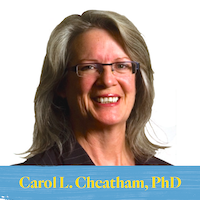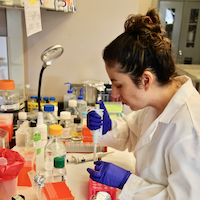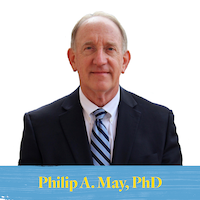
June 1, 2019 | Cheatham News, News
February 11, 2019 – That Carol L. Cheatham, PhD was a scientist was clear to her family early on. At the age of 8 growing up on a farm in rural Wyoming, Cheatham conducted observational studies following the many farm cats around to find out (and diligently record in her notebook) where they would give birth. Once that got boring, she started trying to predict where the litters would be born based on her observations from the previous years.

May 31, 2019 | News
January 25, 2019 – As we at the NRI celebrate our tenth anniversary year, we are also taking measures to secure our longevity. Our world-class research facility on the North Carolina Research Campus opened in 2008 with the most advanced equipment, instrumentation, and laboratories available. Now, as we enter a second decade, administrators are evaluating our building, systems, and staffing to ensure that our scientists have the best infrastructure to allow them to continue their quest for new precision nutrition discoveries.

May 30, 2019 | Cheatham News, News
January 25, 2019 – Pregnant women are often consumed by dietary choices such as finding a great prenatal vitamin, eating foods that will promote fetal growth, and doing everything they can to protect their pregnancy. After delivery, however, the mother’s preoccupation with her diet often pauses for four to six months. The Cheatham Nutrition & Cognition Lab is turning this type of thinking on its head with the belief that what women eat while breastfeeding greatly impacts their breastmilk and ultimately, their children’s development.

May 28, 2019 | May News, News
January 11, 2019 – “I’ve been called ‘tenacious’,” says Philip A. May, PhD, with a hint of humor. It’s an understatement for the man who relentlessly pursues data that shed light on important public health issues across the United States and around the globe. May, professor of nutrition at the UNC Nutrition Research Institute (NRI) and in the Department of Nutrition at the Gillings School of Global Public Health at UNC-Chapel Hill, has been a demographer and epidemiologist for the better part of 50 years. He calls his style of research “shoe-leather” epidemiology, meaning that he gathers information for studies by getting out in the field and immersing himself in communities to really know the people in his studies. For nearly 30 of those years, May’s focus has been on learning about the often-dire effects and alarmingly high prevalence of fetal alcohol exposure.

May 26, 2019 | News, Smith News
December 16, 2018 – If you’ve ever been around a pregnant woman, you’ve probably heard her mention something about food cravings. Or she’s mentioned that she won’t drink coffee or eat Oreos because they are “bad for the baby.” Food is a hot topic during pregnancy because of how it can drastically affect the developing baby. But how many times have you heard a woman mention that she is eating healthier because she is going to try to get pregnant?





